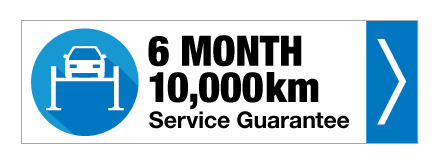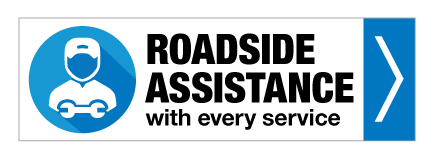Summer roads are busy, hot and unpredictable. Add a caravan, boat or trailer to the back and your stopping distance jumps by a lot. Here’s a simple, no-nonsense guide to picking the right following distance so you stay calm and in control.
The baseline: the 3-second rule (when not towing)
In dry, daylight conditions, leave at least 3 seconds to the vehicle ahead. Pick a fixed point (sign/post), count “one-thousand-one, one-thousand-two, one-thousand-three.” If you pass the point before you finish counting, you’re too close.
Towing? Make it 4–6 seconds (minimum)
Trailers add weight, length and inertia. For most summer highway driving:
- Light trailers/box trailers: 4 seconds
- Boats, campers, small caravans: 5 seconds
- Large caravans & heavy loads: 6 seconds or more
If traffic is stop-start or speeds are high, add another second. Space is your safety margin (and your sway-recovery buffer).
When to add even more space
Bump your gap by +1–2 seconds if any of these apply:
- Heat & hills: Brakes get heat-soaked; cooling takes longer.
- Headwinds or crosswinds: More sway risk.
- Night or glare: Reduced visibility and slower reaction times.
- Rain or roadworks: Less grip, sudden stops.
- Fatigue or full car: Give yourself thinking room.
How to keep your gap (even in holiday traffic)
- Use cruise wisely: On open highways it helps maintain a steady buffer.
- Look far ahead: Scan 10–15 seconds up the road to spot brake lights early.
- Change lanes early: Don’t dive for exits; plan your moves with lots of room.
- Let tailgaters go: Indicate right briefly to show you’ve seen them, then ease left when safe and let them past.
- Avoid bunching: If a car cuts in, don’t react with anger—just rebuild your gap.
Braking, gears & sway control
- Downshift on descents: Use engine braking so your brakes don’t overheat.
- Trailer brakes: Test your electric brake controller before you roll.
- Sway events: Ease off the throttle smoothly, don’t slam the brakes. Hold the wheel steady until it settles, then reassess speed and load distribution.
Quick set-up checks before you go
- Weights right: Stay within GVM, GCM and tow-ball limits.
- Tyre pressures: Set cold for both car and trailer; re-check at the first stop.
- Wheel alignment (car) & bearings (trailer): Helps stability and cooling.
- Lights & safety chains: Confirm connections and function every day.
- Load balance: Heavy items low and central; avoid tail-heavy packing.
Simple roadside routine (60 seconds at each fuel stop)
- Walk around: feel hubs (warm is OK, too hot isn’t), check couplings, chains and plugs.
- Inspect tyres: sidewalls, nails, and a quick pressure/TPMS glance.
- Rebuild your 4–6+ second gap when you merge back in.
Getting ready to tow a boat, caravan or trailer?
Auto Leaders can help set you up for a safer summer drive:
- Pre-Trip Vehicle Servicing & Safety Checks – fluids, cooling, battery, brakes
- Brake Service & Tow-Brake Testing – confident stops with a load
- Towing Set-Up Advice – weights, hitch checks, and road-trip tips
Book your service online or call us on 1800 888 618



